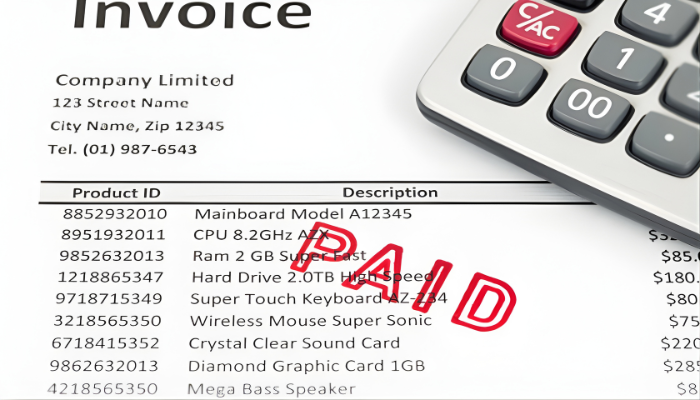
If you’re considering business factoring, you need to know several things. Invoice factoring, itself, is a rather simple process, but factoring is a complex topic with many intricate details and nuances. Developing your understanding of business factoring services, knowing the different types that are available, and finding out which is right for you can help you navigate this financial solution more successfully. Use this Ultimate Guide as a reference for your future factoring endeavors.
Invoice Factoring 101
Before you delve into the different types of factoring, gain a basic understanding of how factoring works. When a company experiences a cash shortage for any reason, it can use invoice factoring as a funding solution. Companies that benefit the most from factoring are those with many unpaid invoices or customers who often make delayed payments. Waiting for a customer to pay an invoice can mean the death of a brand without the right funding partner. Factoring presents a no-strings-attached financing solution to cash-flow problems, giving a brand the money it needs for payroll, production, repairs, new hires, inventory, rent, or expansion.
Factoring services work by buying a company’s outstanding accounts receivable at a discount from their full face value. The discount varies depending on the factoring company. Then, the factor will pay the company the discounted value of its invoices immediately, usually within three to five days or less. The company is free to use the money in whatever way it needs to boost growth. The factor then goes on to collect payments from your customers. Factoring is a win-win.
Full-Recourse Factoring
The most common type of invoice factoring is full-recourse factoring. During this process, you remain liable if one of your customers does not pay an invoice. This means if a customer goes bankrupt, refuses to pay for your product/services, or vanishes without a trace, your company has to pay the factor back for the invoice, provide a new invoice, or ask them to debit the reserves they’ve held for the transaction. Different factors will have varying courses of action for when a customer doesn’t pay an invoice. With full-recourse factoring, you’re agreeing to the terms the factoring company laid out for these situations.
Non-Recourse Factoring
Most factoring companies also offer non-recourse factoring solutions, which protect the business from legal bankruptcy, insolvency, and non-payments, depending on the terms of the contract. Other than this main difference, full-recourse and non-recourse factoring are almost exactly the same processes. Make sure to study your factoring company’s conditions on non-recourse factoring to understand how comprehensive your protection will be in the event of an unpaid invoice.
Non-Notification Factoring
In this agreement, the factoring company does not notify your customers of the arrangement between you and the factor. Non-notification factoring takes more work on the factor’s end to keep the relationship confidential and thus can cost more than regular factoring. Many companies opt for non-notification in their first factoring experience, but soon find it’s not typically necessary, as most customers are familiar with the process and don’t mind.
Invoice-Discounting Factoring
During an invoice-discounting arrangement, you do not sell your unpaid invoices to the factoring company. Instead, you use them as collateral for a business loan. Typically, this requires using all your accounts receivable instead of just a few, as other types of factoring normally allow. Like other types of factoring, you receive a percentage of face value, as previously agreed.
Maturity Factoring
Maturity factoring is an uncommon form of invoice factoring in which the factor takes over all collections and credit functions of your business. In this scenario, the factor typically provides you, the business owner, with receivables insurance. Then, the factor will provide the financial advance once the due date of the invoice passes, instead of giving you advance factoring, as is the usual scenario. You will receive payments on a monthly basis as the factor receives payments for your invoices.
Spot Factoring
Spot factoring, also known as single invoice factoring, is a form of factoring where a business sells a single invoice to a factor. Spot factoring is more flexible and riskier than conventional factoring agreements, so it is usually more expensive. This method is used most often for businesses to fulfill a very large order without worrying about cash flow. The transaction and the relationship with the factor ends once the invoice is paid.
Which Type of Factoring is Right for You?
Invoice factoring could be the resource you need to keep your business afloat. Research factoring companies that cater to your industry or type of business, and find out if they have what you need. Choosing the correct type and right company is immensely important to the future of your brand.

















